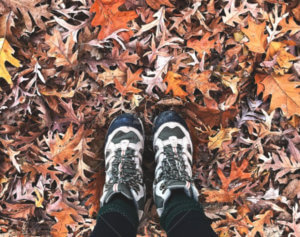 Falling down is a serious matter. At a minimum, a fall can result in cuts and bruises. A more severe fall can result in a hip fracture or head/brain injury.
Falling down is a serious matter. At a minimum, a fall can result in cuts and bruises. A more severe fall can result in a hip fracture or head/brain injury.
For seniors, falls are the leading cause of injury. In fact, according to the Centers for Disease Control and Prevention, one in three seniors will fall at some point this year.
A little prevention goes a long way.
Here’s how to lower your risk:
- Wear slip-free, lightweight footwear. Avoid wearing loose clothing and walking around in socks without shoes.
- Keep your home tidy and well-lit. Make sure floors are clear. Consider adding non-slip strips in slippery spots and adding handrails and grab bars in the bathroom.
- Get your vision and hearing checked each year. Don’t put off getting new glasses if you need them.
- Join a balance training or exercise program.
Other steps to consider, particularly for seniors and people on dialysis:
- Check the side effects of your medications. Some prescriptions can cause loss of balance.
- Ask your doctor about other options.
- Let your care team and doctor know if you have had a recent fall.
- Talk with your family and ask for their help.
